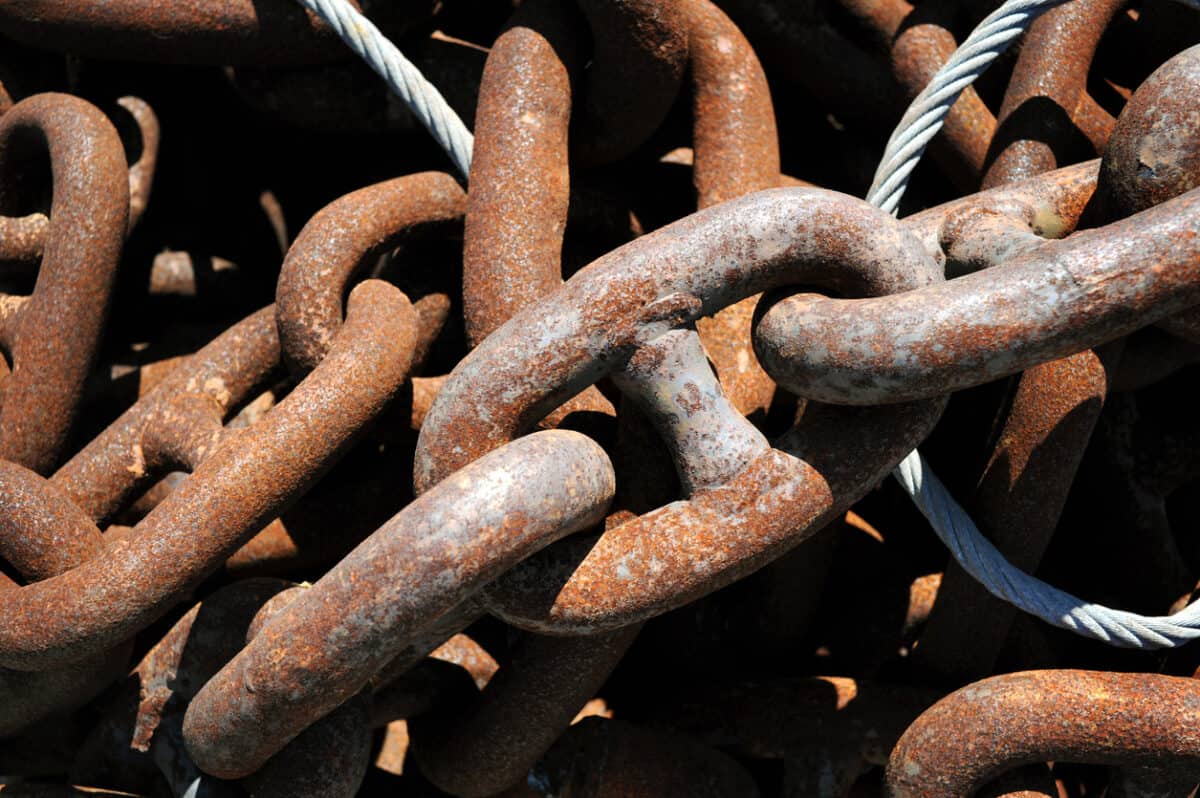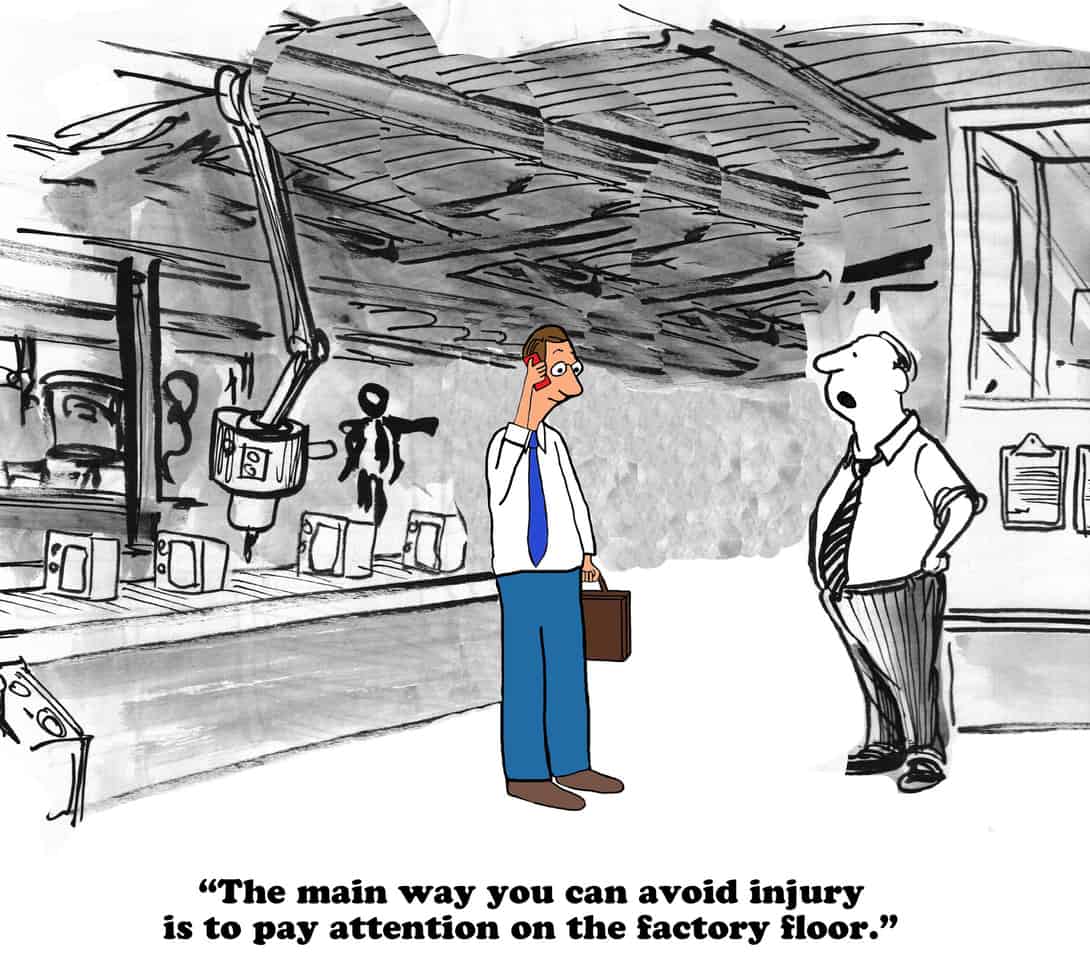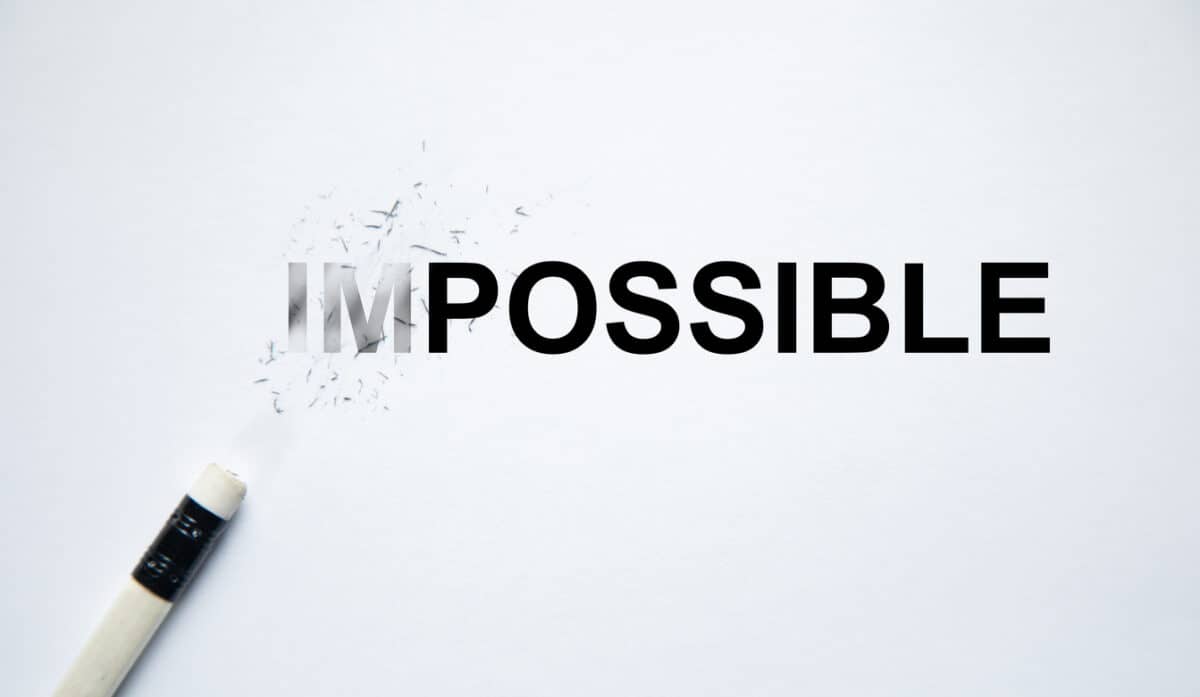Adam Goodes will be a featured speaker at the 23rd World Congress of Health and Safety At Work in Sydney, Australia, in November 2023. My initial response was, “What does he know about workplace health and safety?” This question is perhaps more indicative of my limited perspective of occupational health and safety (OHS). I have discussed my question with several people over the last week and have a partial answer to my question, but, as is often the case in OHS, more questions arose.
Category: ethics
Calling something an accident hides the truth
Jessie Singer published her book called “There Are No Accidents” last year. It is a pivotal book about safety and our understanding of the social and legal impacts of calling tragic events “accidents”. On June 13 2023, Singer spoke on Carnegie Council’s From Another Angle podcast about her book and the consequences of its publication.
“Accident” is less used in modern media descriptions of incidents involving serious injuries and fatalities than in the past. The term implies an unavoidable consequence or undeterminable cause of a tragic event. The traditional use absolves anyone of responsibility or accountability and, consequently, stymies the deep analysis of causes required if such incidents are to be prevented in the future. The term is the antithesis of occupational health and safety (OHS) approaches which should always start from the aim of harm prevention.
A rose by any other name… A discussion of “busyness”
Human Resources (HR) professionals must start thinking of worker mental health in occupational health and safety (OHS) as obligations under OHS laws are being refreshed throughout Australia. But the reverse is also true; OHS people must give HR professionals more respect than in the past. As such, new words for psychosocial hazards, job design and workload management may be needed. One of those words could be “busyness”.
Grievance Culture and Responsibility
Julian Baggini is a philosopher less well-known in Australia than in the United Kingdom but his writings can add to some of the current discussions about occupational health and safety (OHS) and business ethics.
In his 2010 book, Complaint, he analyses our grievance culture and how complaints can and should result in positive outcomes. OHS often seems to run on complaints and to understand how to respond to complaints, it is necessary to understand who is responsible for that response and why.
When an increase of 0.5 percentage points is described as an outrageous 43% increase
This week the Victorian Government flagged changes to the workers’ compensation premiums and eligibility. This has generated outrage from business lobby groups and the trade unions, and as he is being criticised by both political extremes, Premier Dan Andrews believes his decision, i.e. being hated by everyone, is a winner.
The Age newspaper was one of the first to report (paywalled) on the announcement of these changes on May 19, 2023. Significantly it included a quote from Dr Mary Wyatt on the economic and social importance of injury prevention. Hers has been one of the few mentions of the role of good occupational health and safety (OHS) management.
Tip-Off Line Remember, if you have some OHS information that you want SafetyAtWorkBlog to investigate or that would be of interest to SafetyAtWorkBlog readers, please contact us on the anonymous-if-you-want tip-off line
OHS and management courses
Research findings that a sample of business and management courses have little to no OHS content are not surprising and match what has now become fashionable to call “lived experience”. Part of the reason for the findings is that the number of undergraduate courses in OHS has declined, and those that did exist were not often recognised as “management” courses, although OHS can be little else. They were certainly not “integrated” with other traditional management approaches.
Part of the reason, I like to think, is because OHS principles challenge the ethics underpinning business management courses and concepts. OHS would say that workers are people and not “units of labour”. If workers are people for whom we are supposed to apply dignity, respect and care, how can Business exploit the worker’s labour, loyalty and goodwill in order to maximise profits or shareholders’ returns, which are supposed to be the main purposes of modern business?
Ballarat ups the OHS best practice in procurement
Six months ago, trade unions and occupational health and safety (OHS) advocates protested outside the Ballarat Council offices over the awarding of a construction contract to Pipecon, a company that was prosecuted over the deaths of two workers in a trench collapse several years earlier. Last week, the council decided to upgrade its procurement practices to provide further weight to the OHS performance of tenderers. In effect, it established a new level of “best practice” by local councils in Victoria.







